The ruling might set a precedent to allow prosecution of other government leaders linked to atrocities.
If the judges at the Cour de Cassation lift al-Assad’s immunity on Friday, it could pave the way for his trial in absentia over the use of chemical weapons in Ghouta in 2013 and Douma in 2018.
It could also set a precedent to allow the prosecution of other government leaders linked to atrocities, human rights activists and lawyers say.
Al-Assad has retained no lawyers for these charges and has denied he was behind the chemical attacks.
The opposition has long rejected al-Assad’s denial, as his forces were the only side in the ruinous, nearly 14-year civil war to possess sarin.
A ruling against al-Assad would be “a huge victory for the victims”, said Mazen Darwish, president of the Syrian Center for Media and Freedom of Expression, which collected evidence of war crimes, quoted by The Associated Press news agency.
“It is not only about Syrians; this will open the door for the victims from any country and this will be the first time that a domestic investigative judge has the right to issue an arrest warrant for a president during his rule.”
He said the ruling could enable his group to legally go after government members, like launching a money laundering case against former Syrian Central Bank governor and Minister of Economy Adib Mayaleh, whose lawyers have argued he had immunity under international law.
Brutal crackdown
For more than 50 years, Syria was ruled by Hafez al-Assad and then his son, Bashar.
During the Arab Spring, rebellion broke out against their rule in 2011 across the country of 23 million, igniting a brutal civil war that killed more than half a million people, according to the the Syrian Observatory for Human Rights (SOHR). Millions more fled to Lebanon, Jordan, Turkiye and Europe.
The al-Assad dynasty also fomented sectarian tensions to stay in power, a legacy driving renewed recent violence in Syria against minority groups, despite promises that the country’s new leaders will carve out a political future for Syria that includes and represents all its communities.
As the International Criminal Court (ICC) has issued arrest warrants for leaders accused of atrocities – such as Russia’s Vladimir Putin in Ukraine, Israel’s Benjamin Netanyahu in Gaza, and Rodrigo Duterte in the Philippines – the French judges’ ruling could empower the legal framework to prosecute not just deposed and exiled leaders but those currently in power.
The Syrian government denied in 2013 that it was behind the Ghouta attack, but the United States subsequently threatened military retaliation, then settled for a deal with Moscow for al-Assad to give up his chemical weapons stockpile, opening the way for Russia to wield huge influence in the war-torn nation.
Al-Assad survived more than a decade longer, aided militarily by Russia and Iranian-aligned groups, including Hezbollah, before being overthrown by rebel groups.

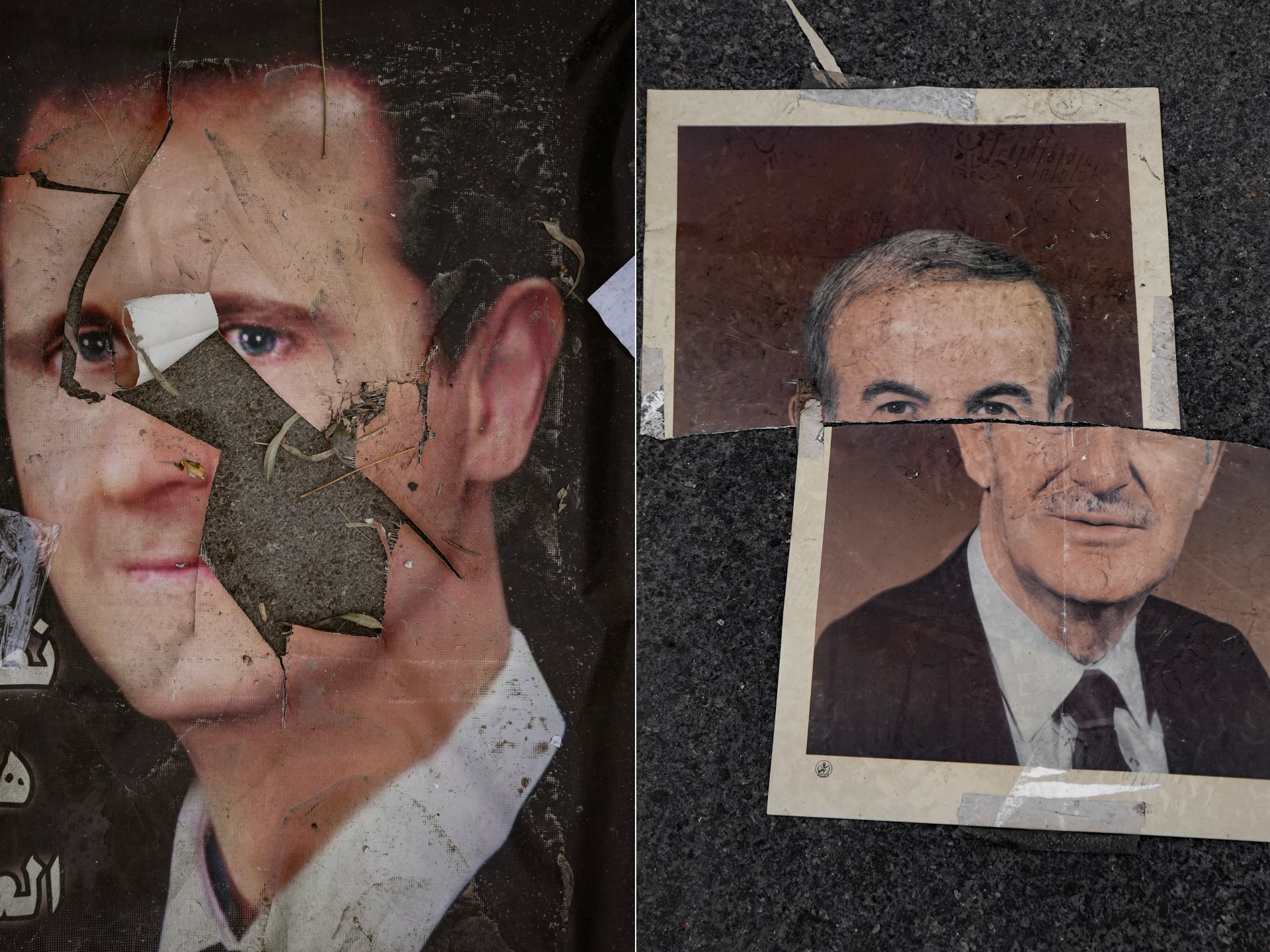


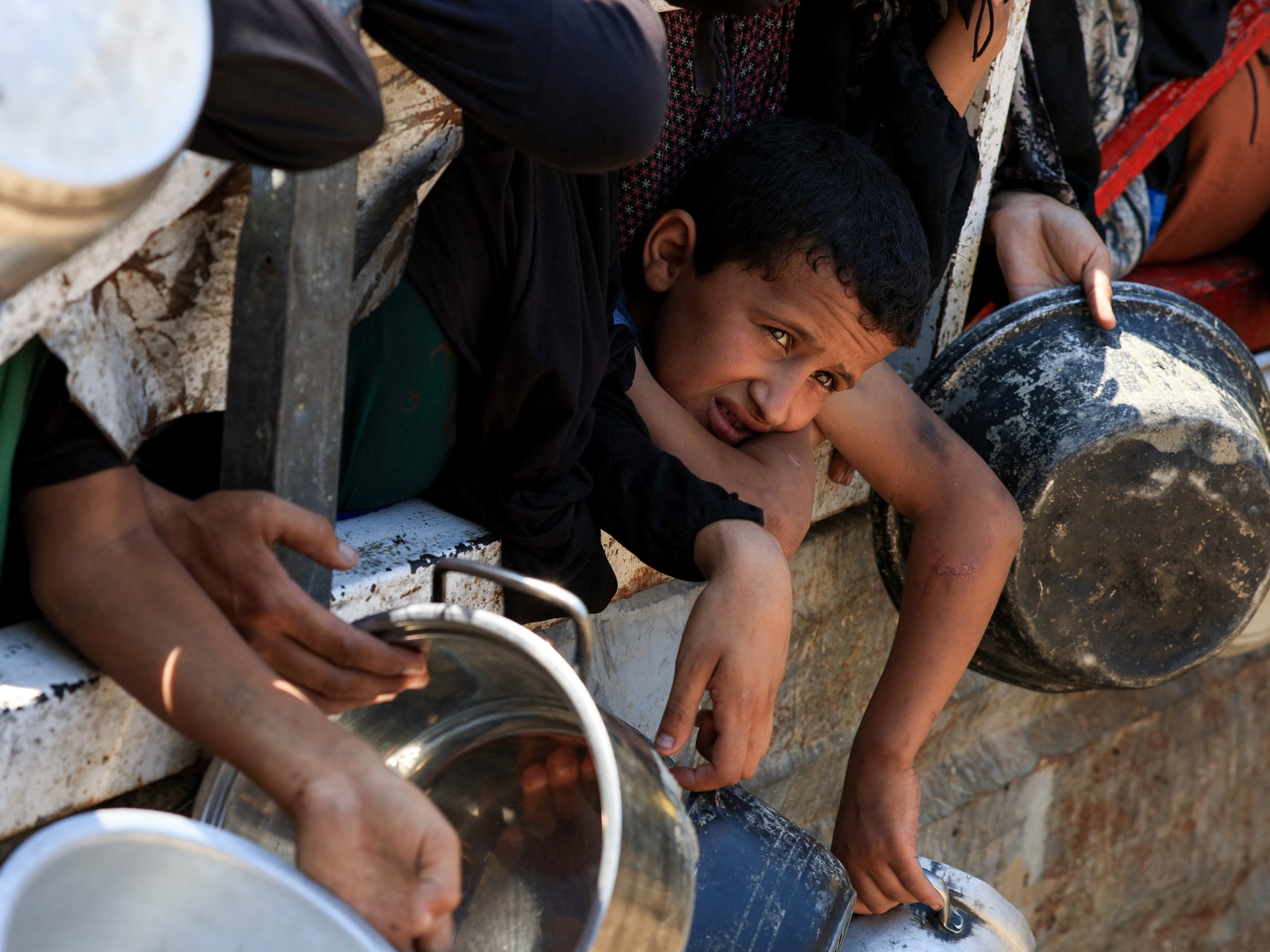


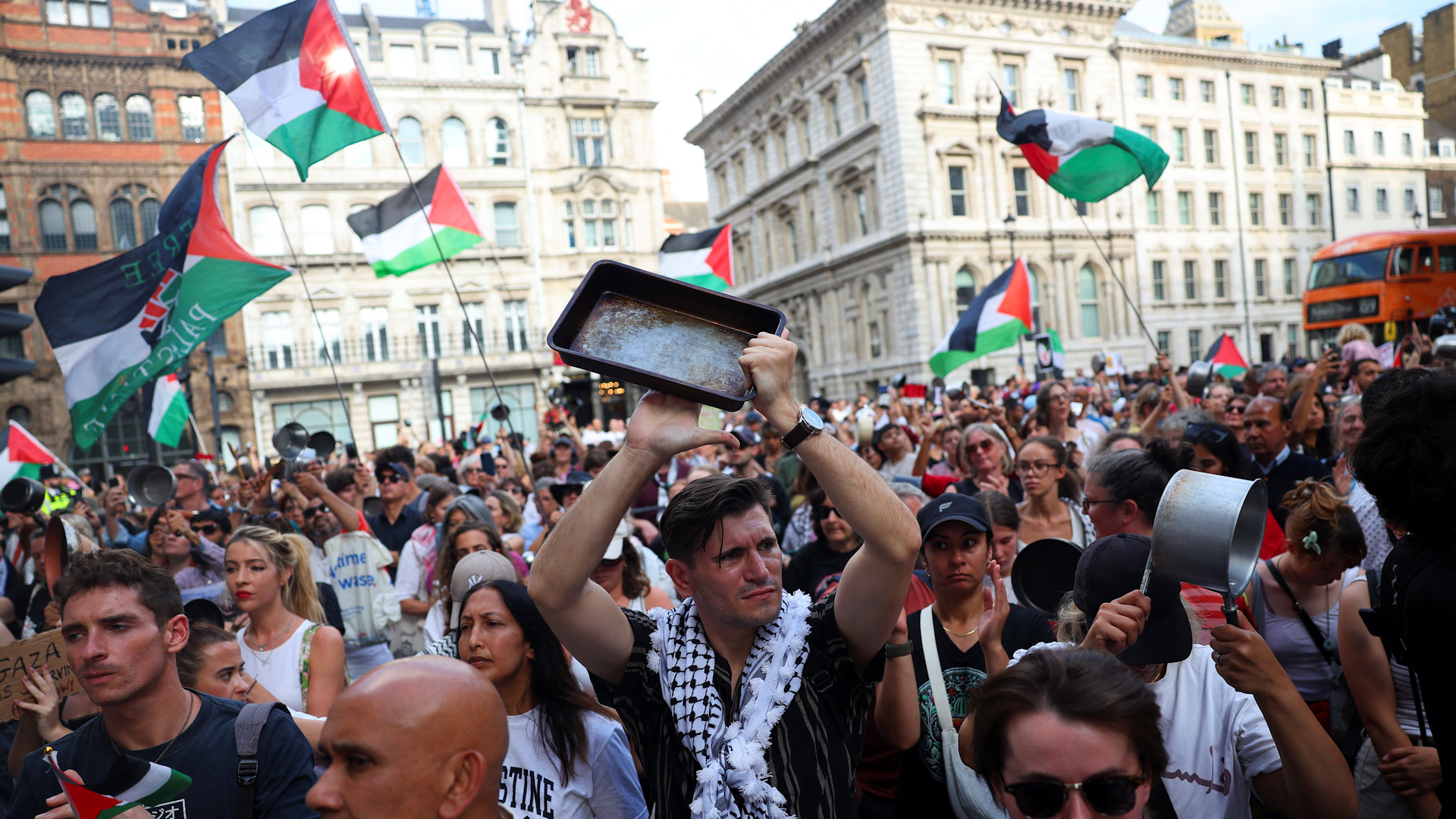
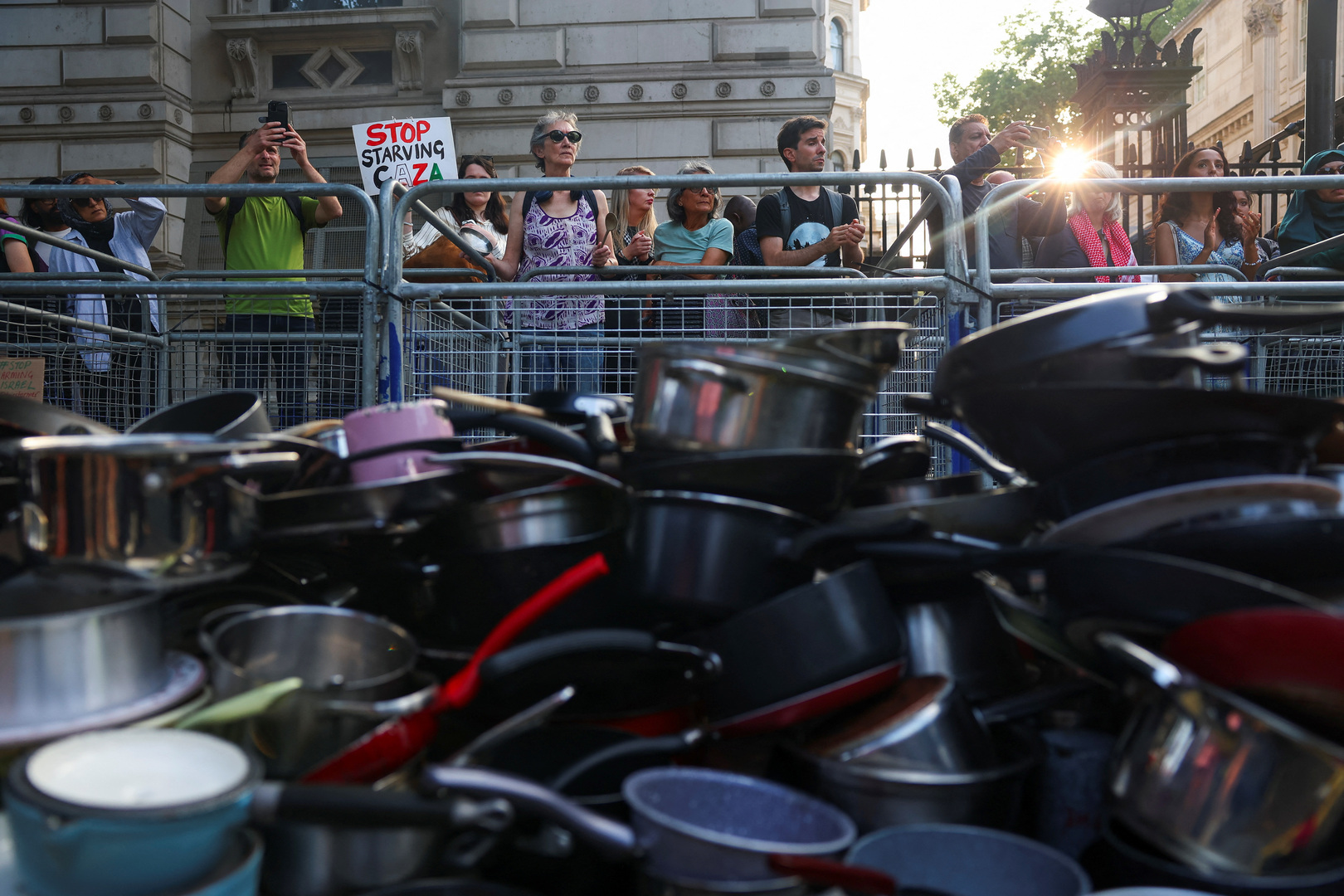


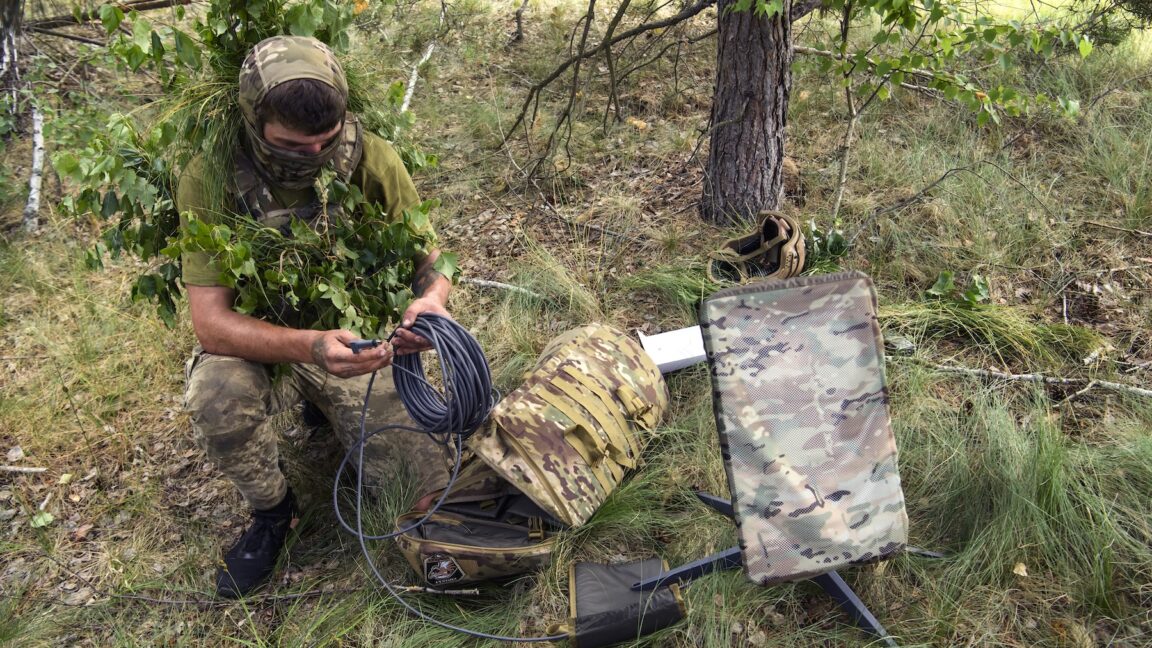
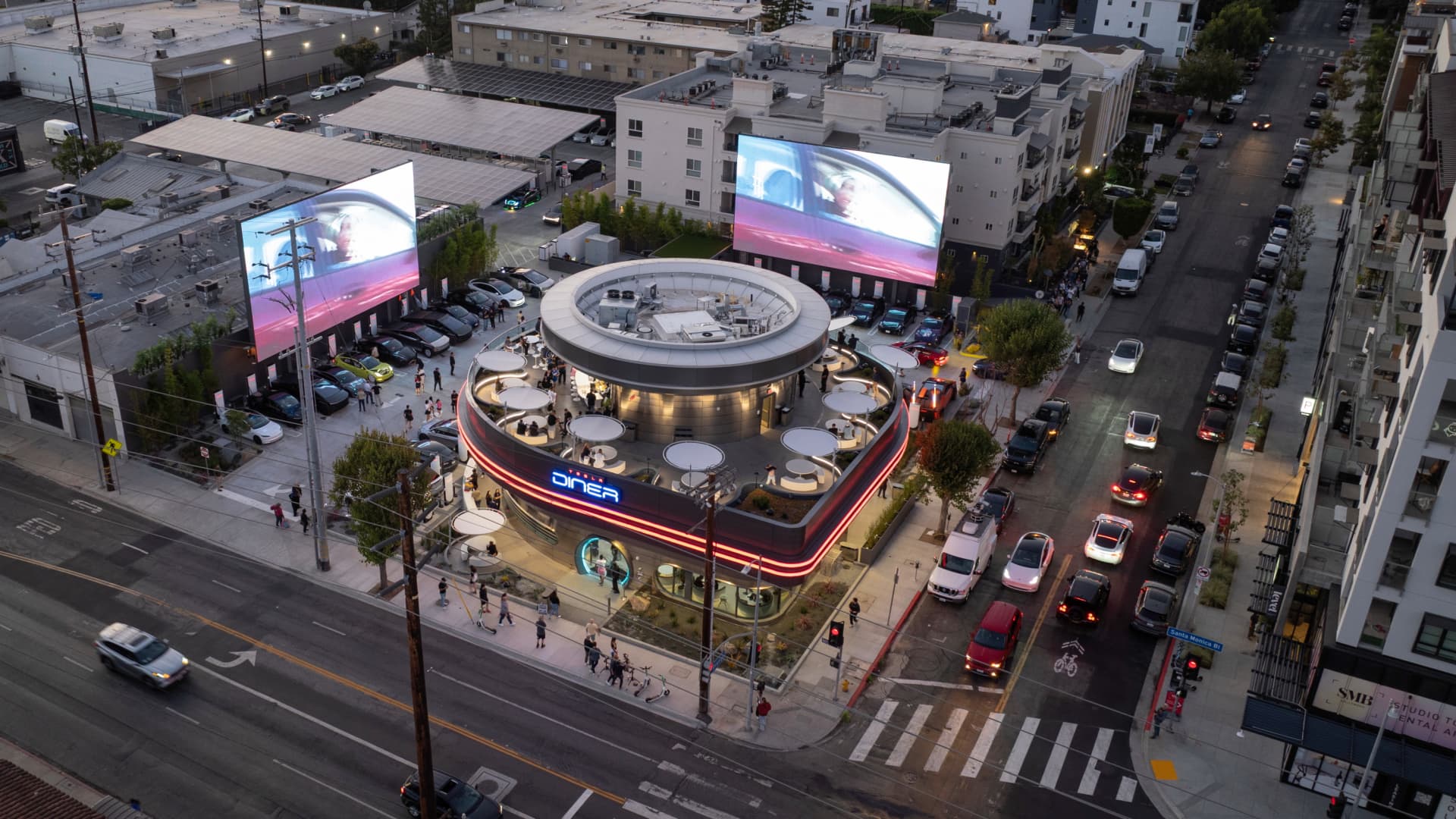

Leave a Reply